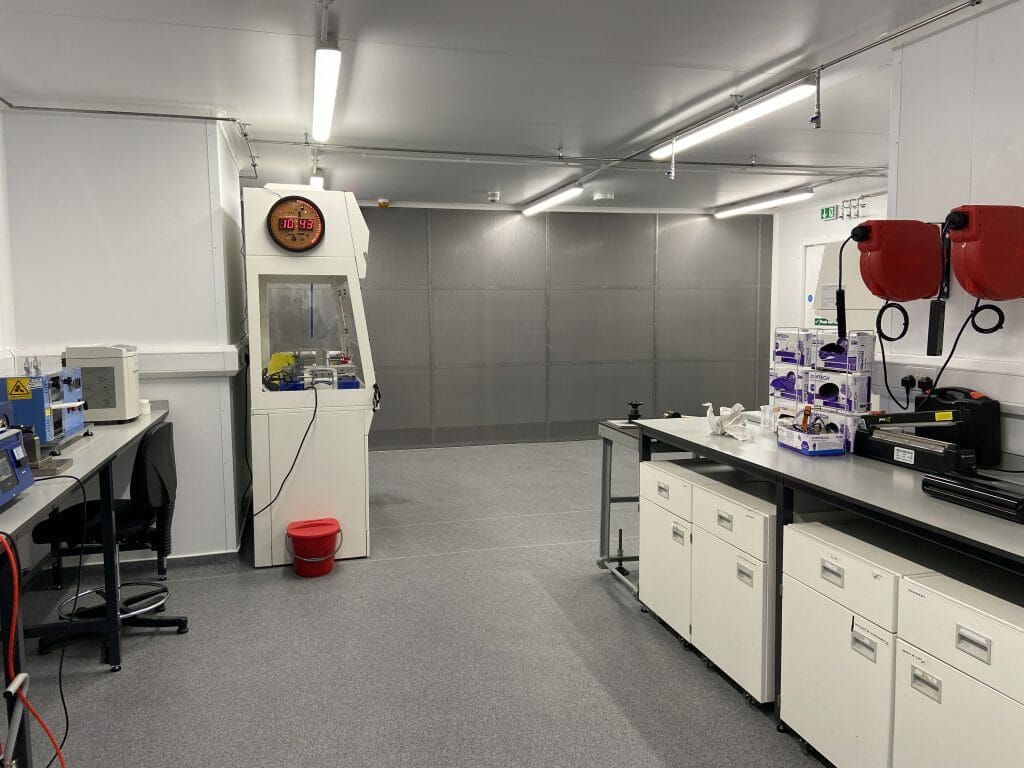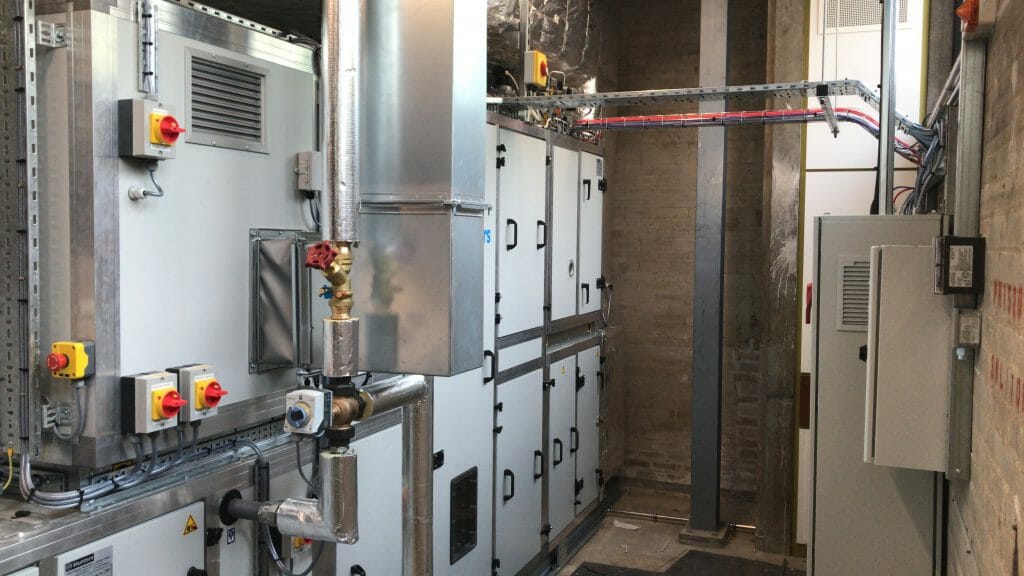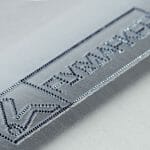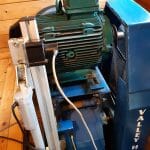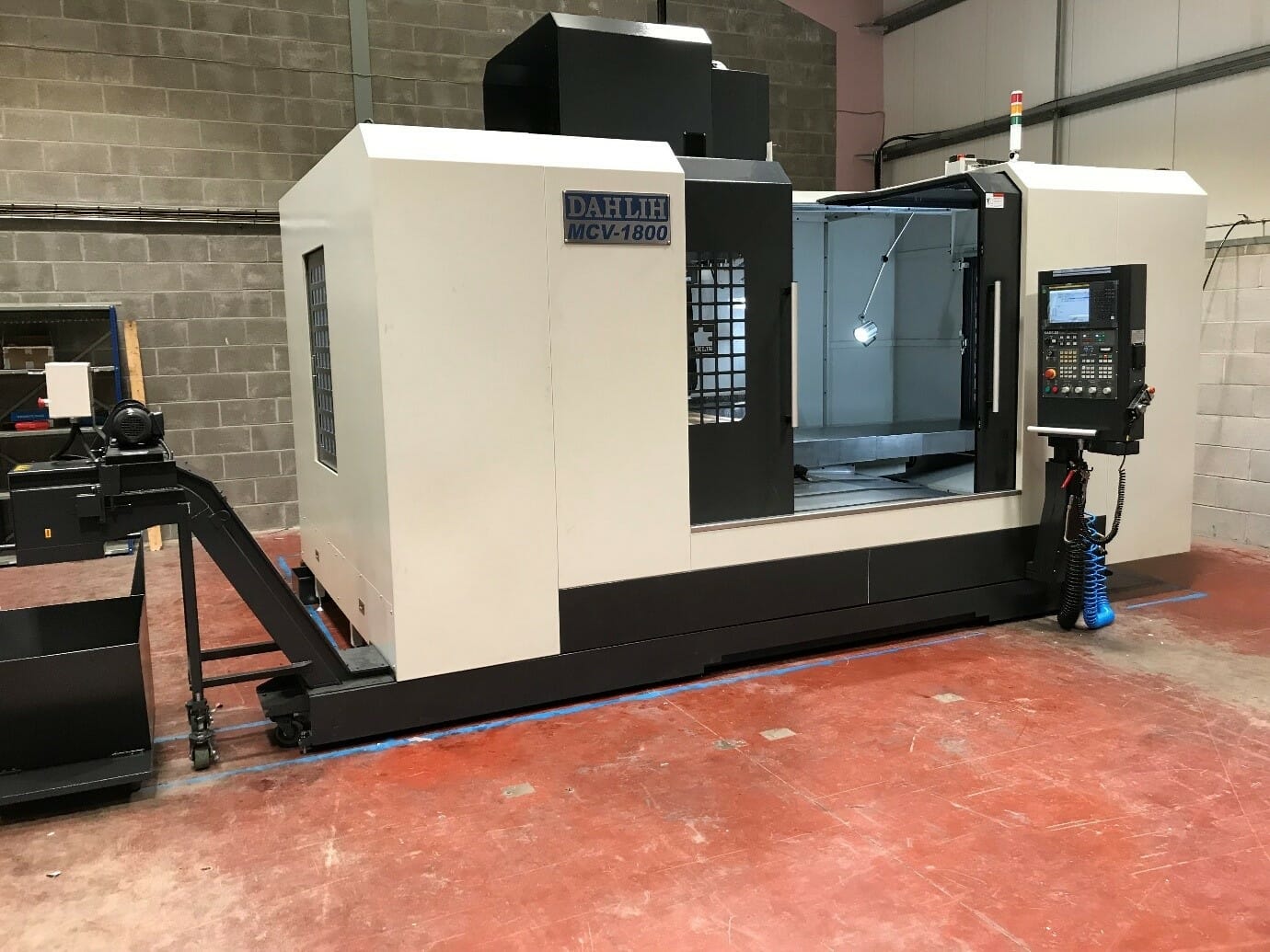Munters, global leaders in energy efficient climate control solutions, was approached by the University of Birmingham to build a bespoke turnkey battery dry room and HVAC plant for their vital battery research. Munters has extensive expertise in this field, with dehumidification solutions installed in approximately half of the world’s lithium-ion battery production facilities.
The Energy Materials Group at the University of Birmingham works with moisture sensitive materials such as lithium-ion, sodium-ion, and solid-state chemistries. All of these materials require very dry climate conditions to prevent damage, explosive reactions, and to ensure product integrity.
Munters agreed to be principle contractor for this project, and as the research team had worked in existing Munters low dew point facilities installed in other industry and academic settings in the past, expectations of a comparable facility here were extremely high.
One of the key challenges encountered during this project was working within a grade II listed building. “The added complexity of working within a listed building presented a number of challenges throughout the project, including working around pillars, matching existing building louvers that were over 20 years old, and complying with increased planning and building regulations” says Paul Richards, Munters Project Manager.
- Battery Dry Room
- Munters dehumidification system
The 50m² dry room consistently maintains conditions to around -40°C dew point at a temperature of 20°C, with capacity for approx. 6 people. These conditions are created and maintained by the Munters desiccant dehumidification solution installed in the adjacent plant room.
“Having the dry room has certainly opened up new opportunities for us,” says Scott Gorman, Research Fellow and the Dry Room Manager. “Around half of the projects that are carried out each year will use the dry room regularly. It gives us a unique selling point (USP), and the ability to offer certain things that other groups can’t. The dry room allows us to bridge that gap between industry and academia.”
Munters and the University worked together to optimize the dry room design and ensure reliable climate control performance. The Munters system is high performing yet energy-efficient, which results in a cost effective solution for the University.
Low leakage wall panels and ductwork and a positive pressure in the room are all also critical. Munters optimized the room and ductwork designs using CFD modelling to ensure it would meet target dew point in all areas of the room.
For the full story or for more information, visit https://bit.ly/3cdGZW0
Benefits:
- Create and maintain precise and consistent control of low dew point conditions to -40°C (less than 1% relative humidity)
- Turnkey solution
- Ensure full compliance of regulations within grade II (2) listed building


